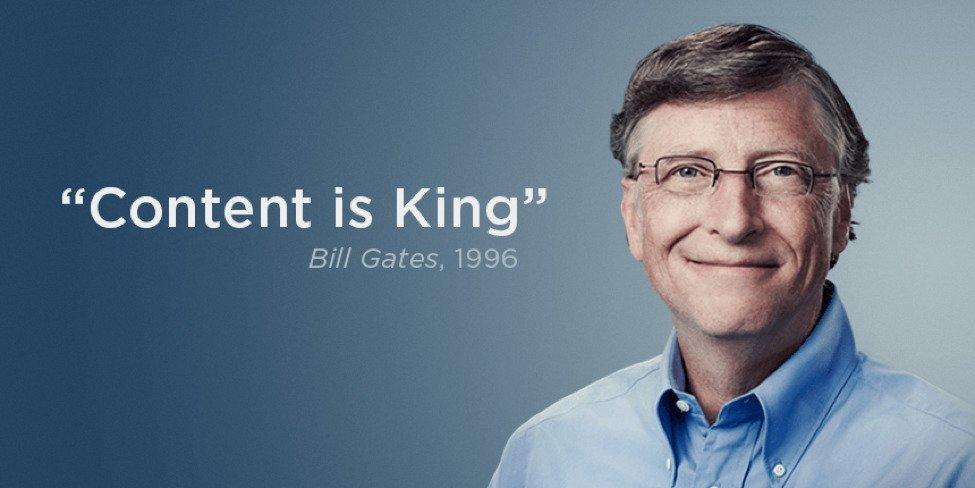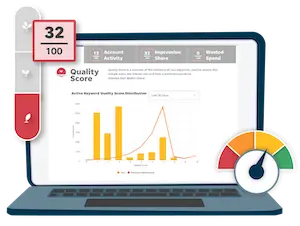
Digg: What Is Digg?
Digg is a social network and news aggregating site. Users submit stories for promotion, and they are subsequently either voted for (digged) or against (buried). The most popular stories are posted to the front page, which can drive a lot of traffic to the corresponding sites.
Ostensibly, the company’s goal is to help users navigate an increasingly saturated media environment, making it easier to identify and consume the most important stories, videos, and Internet trends of the day.
It it’s being talked about, it’s on Digg. And if it’s on Digg, it gets talked about more.
Why does Digg matter to my business?
Across the WordStream site, you’ll see a whole lot about search engine optimization (SEO). Essentially, SEO refers to all the different practices a business or website can enact to improve its performance in the organic (non-advertisement) search engine results.
SEO is often conceptualized as two separate practices: on-page and off-page. On-page SEO is all the stuff you can do on your own website to optimize it for search engines. That’s not terribly relevant to Digg. Off-page SEO, on the other hand, is all the stuff you can do outside of your own website to optimize it for search engines. Off-page SEO is why Digg matters to your business.
Off-page SEO essentially boils down to one thing: becoming a high-quality, authoritative resource. Why? Because Google rewards high-quality, authoritative resources with prominent search rankings.
The best way to become one of those resources—to build Domain Authority—is to earn links from other websites, also known as backlinks. Backlinks indicate to Google that your website is helpful and that your business knows what it’s talking about. More backlinks, more authority, better organic rankings.
Via SiteChecker Pro
So, why does Digg matter to your business? Because a link on Digg is one hell of a backlink. Not all backlinks are made equal: the more reputable the site it comes from, the more weight it carries for your business.
Digg is the kind of site you want to earn a backlink from. Plus, once that link is established and Google takes note of it, new traffic will keep rolling to your site. It’s a gift that keeps giving.
How do I get my content on Digg?
To be featured on Digg, someone needs to submit a link to your site. From there, Digg’s editors, algorithms, and users determine what’s worthy of a front-page spot.
You could, of course, create a Digg user account and submit a link to your own content. But, let’s say you’re old school and you want someone outside of your business to submit the link. What can you do?
First things first: your content has to be good. This is seemingly obvious advice that too few content creators heed. High-quality content is on the longer side (at least 1,200 words) and heavy on the images. Keep it informative and accessible. If you can manage to provide unique value and make people laugh, you’re on the right track. Remember:
Distribution is crucial, too. That means using social media to effectively share your content once it’s written. The primary goals are to turn views into shares and to turn shares into clicks.
In order for content to be shareable, it needs resonate with readers. Think about why people share articles on Facebook—it’s a way to express oneself and to connect with others who think and feel the same way. Write about things with emotional appeal that get people talking.
Attracting clicks is a matter of writing great headlines and great copy. Force yourself to write at least 20 headlines per article. If you do so, you’re guaranteed to write at least one winner. Give away enough information to stir intrigue, but not so much that there’s no reason to read further. The same applies to copy—give social media users just enough and not one word more.
If you can master the arts of writing high-quality, relevant content and crafting irresistible social media posts, you’ll be featured on the front page of Digg in no time.



